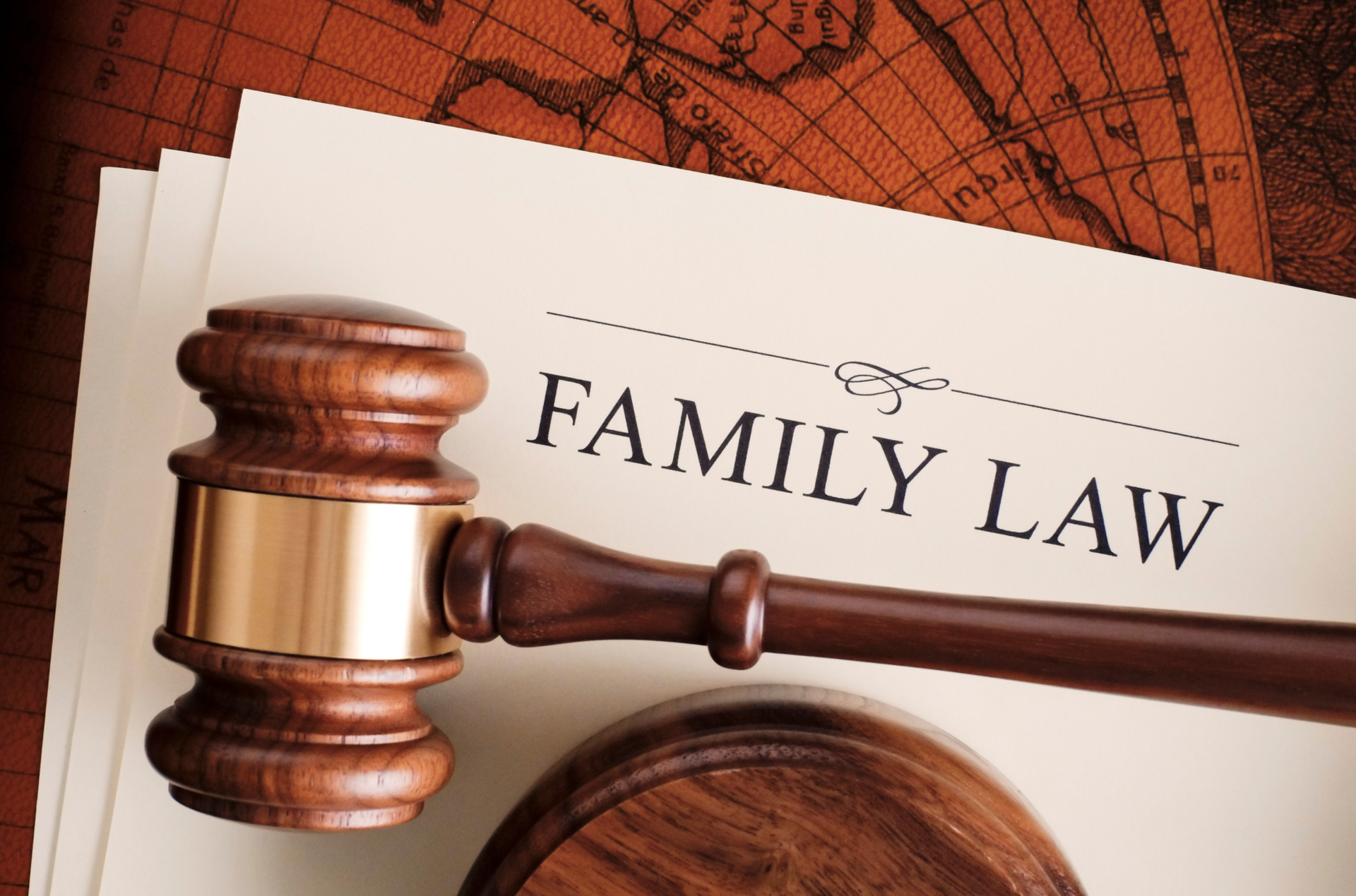Can I Prevent Information About My Adoption From Being Shared?
When an adoption is completed, family and friends may have questions. These may be more intrusive or insensitive than you’d like. In some instances, information may not necessarily be available to you. It can feel like an intrusive violation when others want to know too much particularly when it is information you do not know. Similarly, when circumstances arise that require information to which you don’t have access, it can feel like you’ve run into a brick wall. How you handle these situations is largely up to you.
What’s Known, and What’s Not
Depending on the type of adoption process you go through, there may be a variety of information that is (or is not) shared. Shared information means that those who are involved in the adoption can access that information although may not always be authorized to release the information to you directly. In open adoptions, the identities of the adoptive and birth parents are often known to each other and the available records might provide a social or medical history, medical records or other summaries regarding the adoption plan. In open adoptions, most relevant information about the birth parents is available to the adopted child and adoptive family and vice versa. This is the most common adoption in current times. Many years ago, all the adoptions were closed or only semi-open. Today, agencies still have semi-open adoptions but almost all private adoptions are considered open.
In semi-open adoptions some information is withheld about the birth family due to their request for privacy or no contact. Usually social and medical history that is non-identifying is shared, the parties may still meet but would only exchange first names and may even spend time together at the hospital. The exchange of information is usually handled by a third party either through an internet program or agency.
In a closed adoption, this information may be strictly guarded and unavailable, even to those involved in the process. Members of the adoption triad (adoptees, adoptive parents, birth parents) may be able to request access to that information, but having an adoption record unsealed can be a difficult task. Hiring an experienced adoption attorney is often the best way to pursue information in closed adoptions.
Breaking the Seal of Silence about Adoption
Whether the adopted child is an infant, a toddler, or a teen, adoption details may be traumatic and unsettling or, in some cases helpful and enlightening. It’s your decision as to how much of that you share with the child as well as with family, friends, or anyone else.. There are thousands of families across the US that might be struggling with how much to reveal, whether to allow unfettered questions from those outside the family, and how those queries affect their family dynamic. Should you choose to be as open as possible about your family’s experience with adoption either with family or more publicly through a blog, interview or other avenues, you could be providing support for another family to do the same. Adoption is a wonderful way to build your family and is something to be celebrated and cherished. In the end, however, your level of comfort determines how much you share about your experience.
Fielding Intrusive Questions
When people request personal information about your adoption it is acceptable to let them know that the information is private and it’s your child’s story to share when they are older. Handling the dissemination of information regarding an adoption doesn’t have to be painful, stressful, or difficult as long as you think about what you will say and to whom you will share information prior to being asked questions. Just about every family that’s formed through adoption must field some questions that aren’t appropriate, are difficult to answer, or may be just plain intrusive. You have the right to disclose as much or as little information about your family’s adoption process as you are comfortable disclosing. Keep in mind that you have every right to say, “I don’t want to talk about that,” or to refuse to answer questions you feel are inappropriate.
Enlisting Professional Help
Sometimes, there are reasons that you need additional information, especially in a closed adoption. Family medical histories, for example, are often not part of the adoption information provided to adoptive parents. This means that if a serious illness occurs, you may not have access to the information your child’s doctor needs to secure a positive outcome. In these situations, or whenever additional information is necessary, it may be most effective to consult with an adoption attorney. At Jennifer Fairfax, Family Formation Law Offices, you’ll get the assistance you need. Breaking the seal on any adoption can be difficult and fraught with legal questions. Jennifer and Catelyn have the expertise to help you fight through the red tape to get the information you need.












